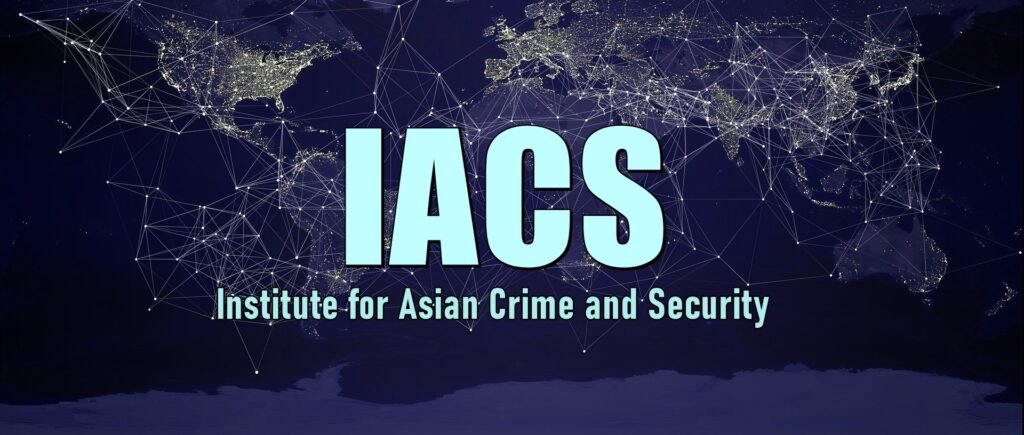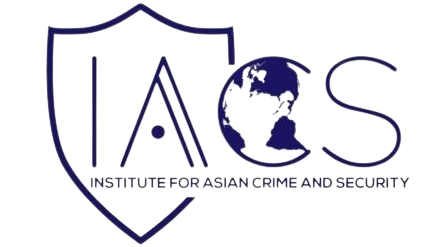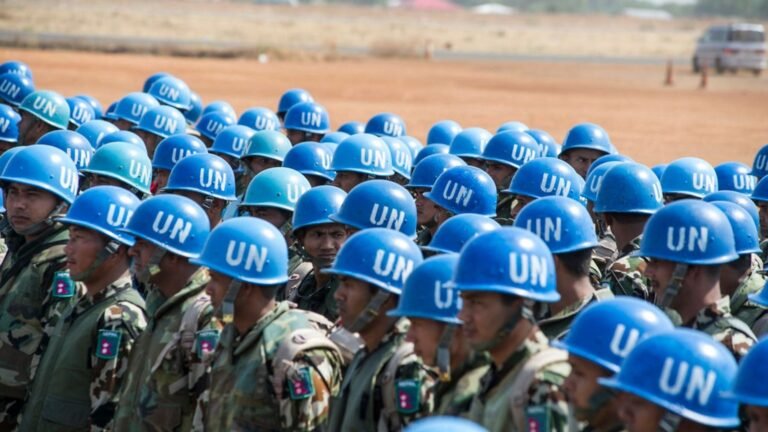We are excited to announce the publication of a significant policy paper titled “Money Laundering and Organized Crime in the Middle East,” co-authored by IACS’ Dr. Leo Lin and Dr. James P. Welch, in collaboration with The New York Center for Foreign Policy Affairs (USA) and the University of Hull (UK).
Purpose
This report is designed to inform policymakers, researchers, and the public about the critical challenges posed by money laundering and organized crime in the Middle East. It aims to foster a deeper understanding of the necessary countermeasures and collaborative efforts required to combat these issues effectively.
Reports Overview
This in-depth report investigates pressing issues like money laundering in the UAE and Egypt, shedding light on the socio-economic impacts of organized crime in these countries. It critically explores the role of informal financial systems such as hawala, which have historically operated outside traditional banking regulations, and the emerging threats posed by cybercrime across the region.
A key focus of the report is the UAE’s transformation into a global financial hub, which, while driving significant economic growth, has also opened doors for illicit financial flows, particularly through Dubai’s property market, free trade zones, and the gold trade. The report assesses the legal and regulatory frameworks in the UAE, highlighting Law No. 4 of 2002 and the challenges law enforcement faces in controlling the vulnerabilities exploited by organized crime groups.
In Egypt, the report examines the socio-political environment, which, coupled with a high criminality index and institutional weaknesses, exacerbates organized crime activities. It provides a detailed analysis of the role of corruption, military influence, and the inefficiencies within the legal and judicial systems, underscoring the significant risks posed by money laundering tied to drug trafficking, arms smuggling, and human trafficking.
The comparative analysis between the UAE and Egypt is a key feature of the report, as it evaluates the effectiveness of their approaches to combating organized crime and money laundering. This section identifies areas of improvement and success in each country’s legal, regulatory, and cooperative measures at the international level, particularly in relation to standards set by organizations such as the Financial Action Task Force (FATF).
The report concludes with actionable recommendations for policymakers. It stresses the importance of enhancing regulatory frameworks, improving judicial transparency, and fostering international cooperation to effectively counteract these transnational crimes.
The findings presented in this paper are crucial for those involved in policy development, law enforcement, and financial regulation. They provide a deeper understanding of the dynamic challenges that money laundering and organized crime present to the Middle East, along with potential solutions for the future.
For a detailed exploration of these issues and more, read the full report here: Download the report.

The IACS Admin Team is comprised of a group of professionals and is the backbone of the IACS.







